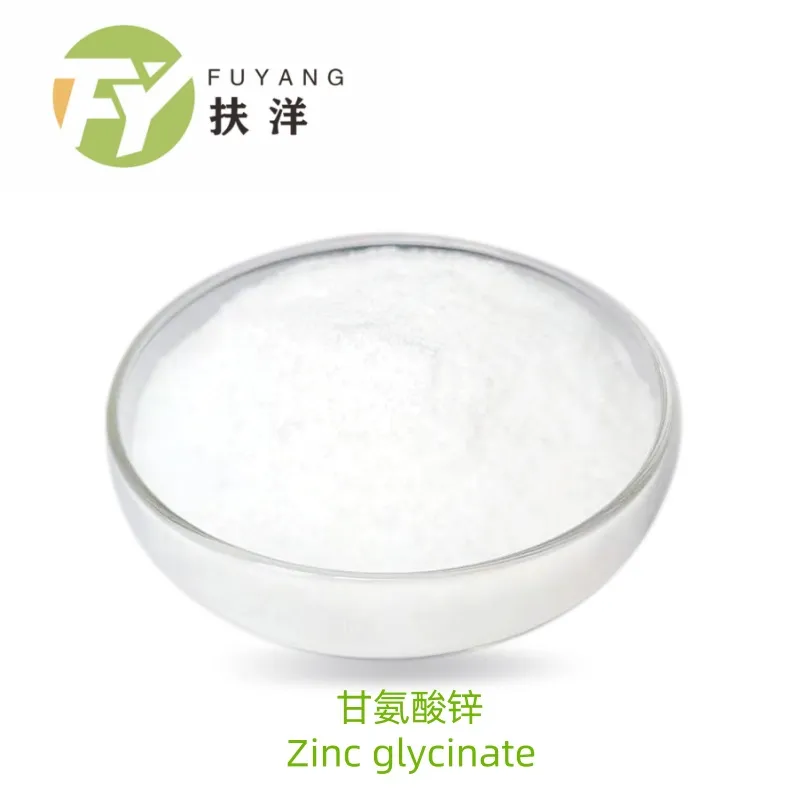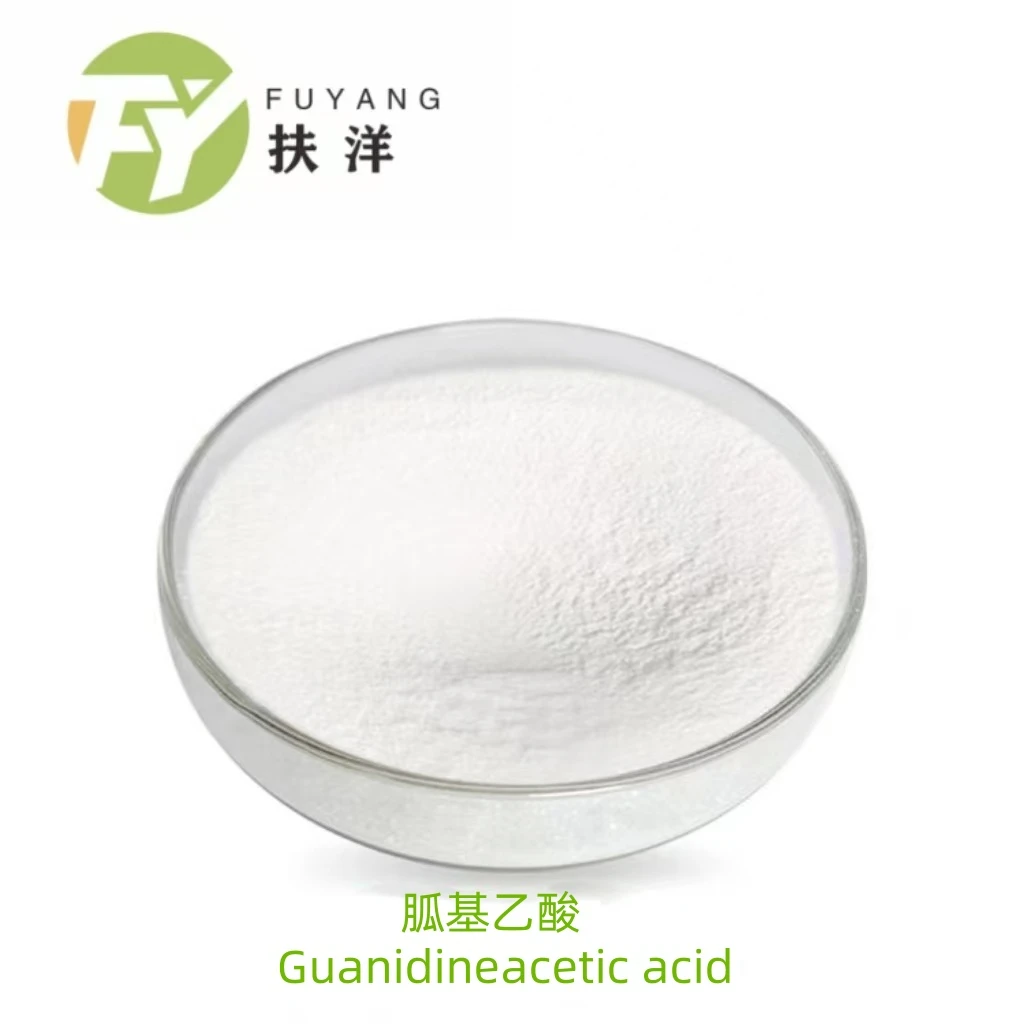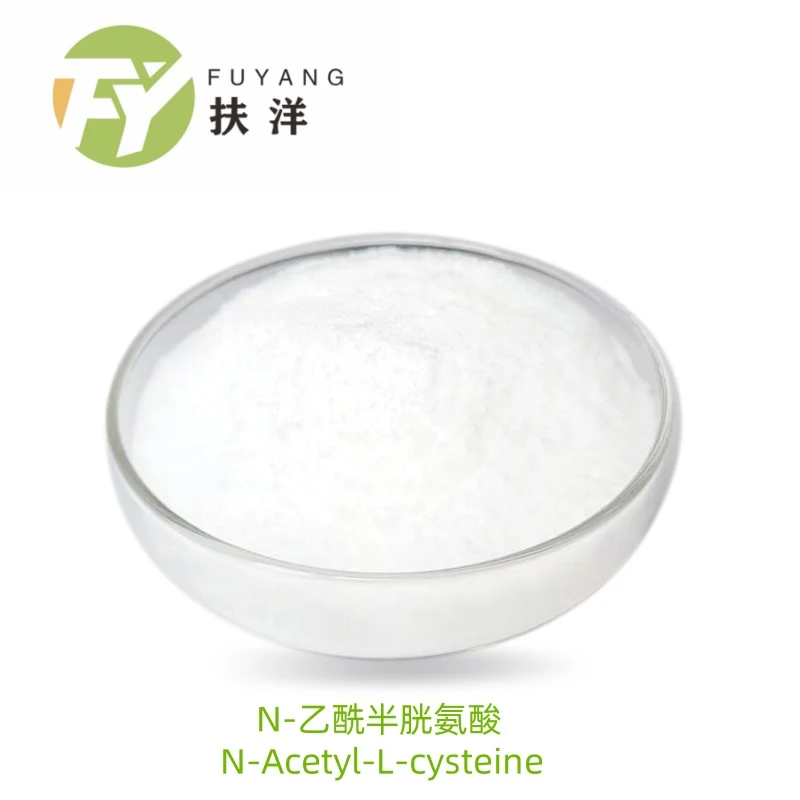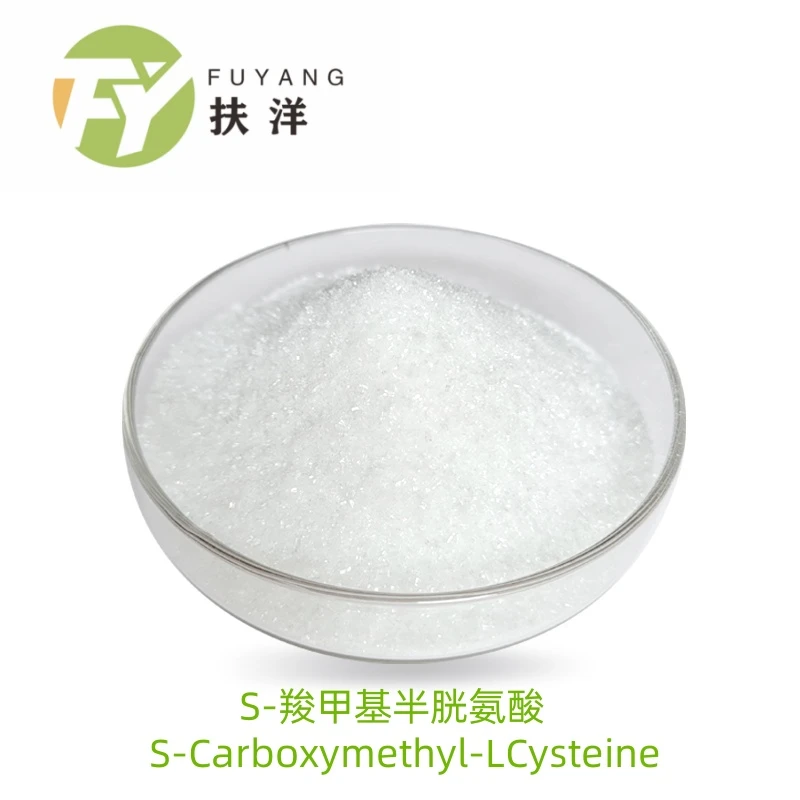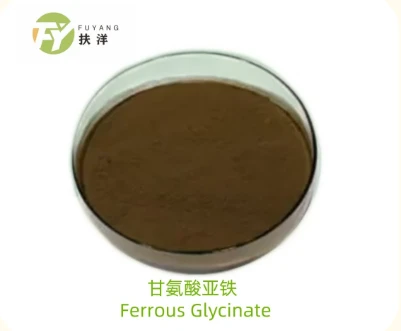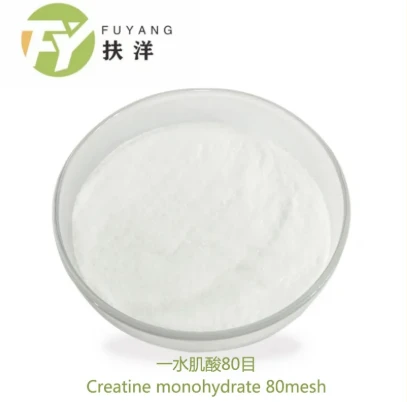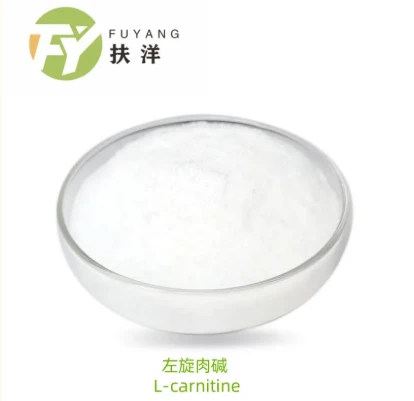- Afrikaans
- Albanian
- Amharic
- Arabic
- Armenian
- Azerbaijani
- Basque
- Belarusian
- Bengali
- Bosnian
- Bulgarian
- Catalan
- Cebuano
- Corsican
- Croatian
- Czech
- Danish
- Dutch
- English
- Esperanto
- Estonian
- Finnish
- French
- Frisian
- Galician
- Georgian
- German
- Greek
- Gujarati
- Haitian Creole
- hausa
- hawaiian
- Hebrew
- Hindi
- Miao
- Hungarian
- Icelandic
- igbo
- Indonesian
- irish
- Italian
- Japanese
- Javanese
- Kannada
- kazakh
- Khmer
- Rwandese
- Korean
- Kurdish
- Kyrgyz
- Lao
- Latin
- Latvian
- Lithuanian
- Luxembourgish
- Macedonian
- Malgashi
- Malay
- Malayalam
- Maltese
- Maori
- Marathi
- Mongolian
- Myanmar
- Nepali
- Norwegian
- Norwegian
- Occitan
- Pashto
- Persian
- Polish
- Portuguese
- Punjabi
- Romanian
- Russian
- Samoan
- Scottish Gaelic
- Serbian
- Sesotho
- Shona
- Sindhi
- Sinhala
- Slovak
- Slovenian
- Somali
- Spanish
- Sundanese
- Swahili
- Swedish
- Tagalog
- Tajik
- Tamil
- Tatar
- Telugu
- Thai
- Turkish
- Turkmen
- Ukrainian
- Urdu
- Uighur
- Uzbek
- Vietnamese
- Welsh
- Bantu
- Yiddish
- Yoruba
CAS No:7214-08-6
Molecular Formula:C4H8N2O4Zn
Molecular Weight:213.51
EINECS NO. :805-657-4
Package:25KG/Drum,25kg/bag
Functions and Benefits of Zinc Glycinate
Zinc Glycinate is an organic zinc compound formed by chelation of zinc with glycine (an amino acid). It exhibits high bioavailability and low gastrointestinal irritation, making it widely used in nutritional supplementation and adjunctive disease treatment.
Core Introduction
1. Core Functions
-
4.Efficient Zinc Supplementation:
Zinc is an essential trace mineral involved in regulating over 300 enzymatic activities. The chelated structure of zinc glycinate protects zinc ions from gastric acid degradation, enhancing intestinal absorption (approximately 20-30% higher than zinc sulfate).
-
Synergistic Effects:
Glycine itself supports immune modulation and protein synthesis. Combined with zinc, it amplifies comprehensive benefits for skin health and immune function.
2. Key Benefits
(1) Immune Enhancement
-
Promotes T-cell differentiation and antibody production, reducing respiratory infection frequency (clinical studies show it shortens cold duration by 1-2 days).
-
Particularly effective for immunocompromised individuals (e.g., children, the elderly).
(2) Accelerated Wound Healing
-
Zinc is critical for collagen synthesis. Zinc glycinate speeds up skin and mucosal repair, ideal for postoperative recovery, burns, and acne.
(3) Improved Skin Health
-
Reduces sebum overproduction, alleviating acne (enhanced efficacy when combined with vitamin A in clinical trials).
-
Mitigates eczema and dermatitis symptoms (due to zinc’s anti-inflammatory properties).
(4) Reproductive Health Support
-
Men: Boosts sperm motility and testosterone levels (studies show 30mg/day for 3 months improves sperm quality).
-
Women: Regulates menstrual cycles and alleviates hormone imbalances linked to polycystic ovary syndrome (PCOS).
(5) Cognitive Protection
-
Zinc participates in neurotransmitter metabolism (e.g., glutamate, GABA), potentially delaying cognitive decline and reducing Alzheimer’s disease risk.
(6) Antioxidant & Anti-Aging
-
Zinc is a cofactor for superoxide dismutase (SOD), scavenging free radicals and slowing cellular aging.
3. Target Populations
-
High-Risk Zinc Deficiency Groups:
-
Vegetarians, pregnant/lactating women, picky-eating children, the elderly.
-
Individuals with diarrhea, chronic kidney disease, or diabetes (increased zinc loss).
-
Specific Needs:
-
-
Acne patients, postoperative recovery, immunocompromised individuals, couples planning pregnancy.
4.Comparison with Other Zinc Supplements
| Type | Absorption | GI Irritation | Applications |
| Zinc Glycinate | ★★★★☆ | Low | Long-term use, sensitive individuals |
| Zinc Sulfate | ★★☆☆☆ | High | Short-term therapy (medical supervision) |
| Zinc Gluconate | ★★★☆☆ | Moderate | Common pediatric formulation |
| Zinc Citrate | ★★★★☆ | Low | Enhanced absorption with vitamin C |
5. Precautions
-
Dosage: Daily upper limit for adults is 40mg. Long-term excess may cause copper deficiency (pair with copper supplements if needed).
-
Contraindications:
-
Avoid concurrent use with calcium/iron supplements (space doses by ≥2 hours).
-
Monitor blood zinc levels in renal patients.
-
Side Effects: Mild nausea in rare cases (take with meals).
-
Summary
Zinc glycinate is a safe and highly effective zinc supplement, particularly suitable for long-term use, individuals with gastrointestinal sensitivity, or those seeking holistic health benefits. Dosage should be personalized based on individual needs and medical advice.
Packing:20 0r 25kg/drum

